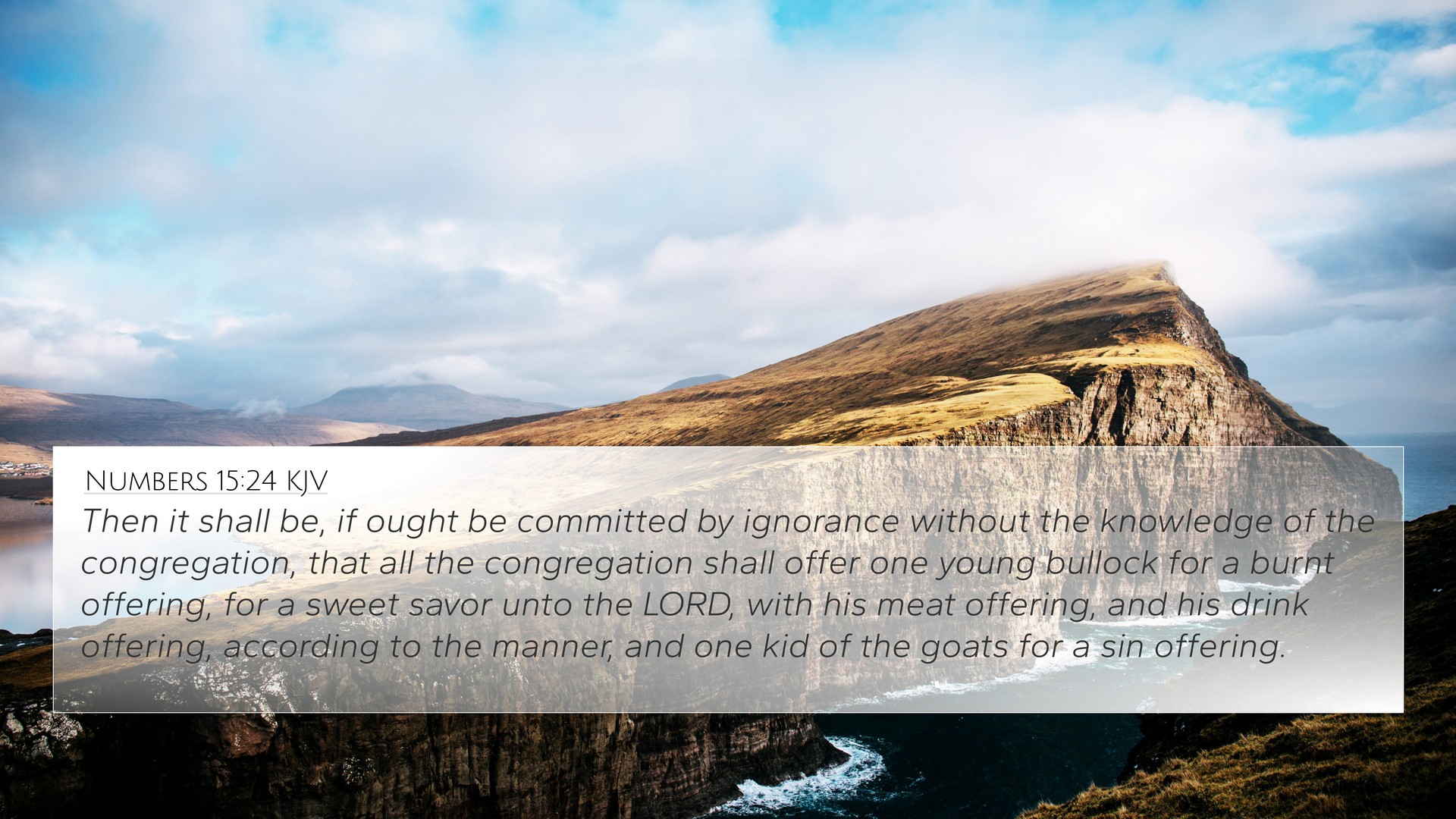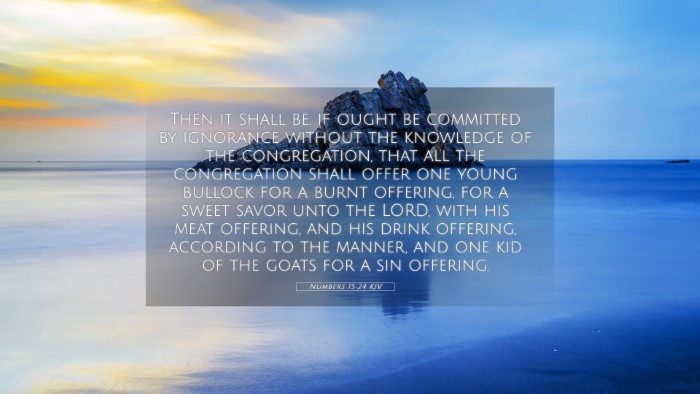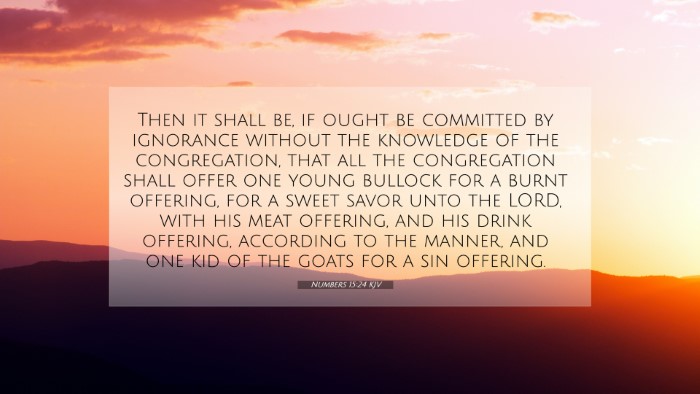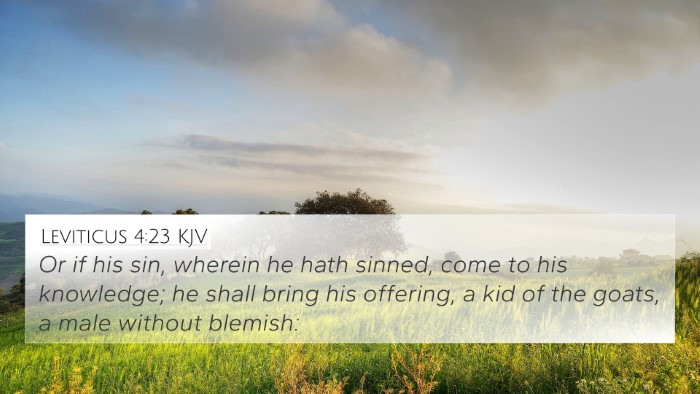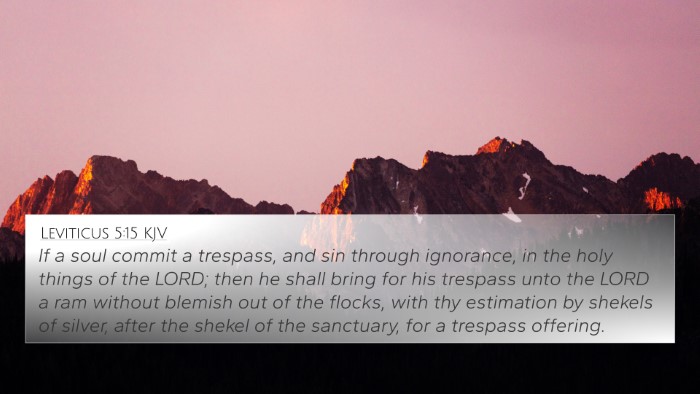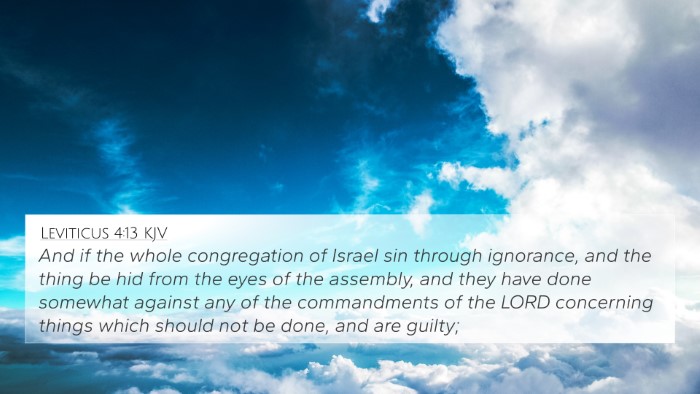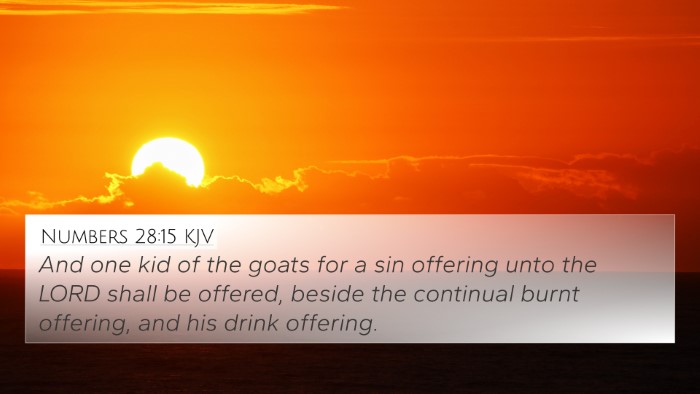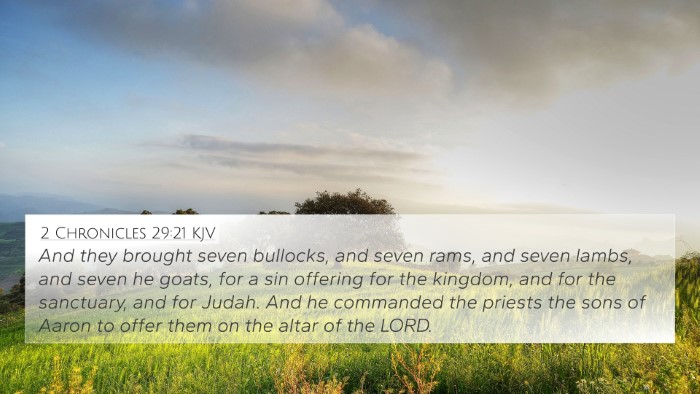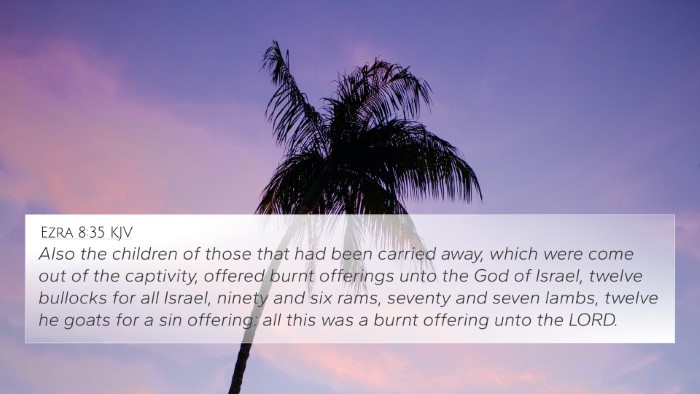Understanding Numbers 15:24
Numbers 15:24 states, "Then it shall be, if it is done unintentionally, without the knowledge of the congregation, that all the congregation shall offer one young bull as a burnt offering, as a sweet aroma to the LORD, with its grain offering and its drink offering, according to the ordinance, and one kid of the goats as a sin offering."
To grasp the full meaning of this verse, we must consider various commentaries and their interpretations. Notable commentators such as Matthew Henry, Albert Barnes, and Adam Clarke provide insights that can enhance our understanding of this scripture.
Commentary Insights
Matthew Henry's Commentary
Matthew Henry emphasizes the importance of understanding the distinctions between intentional and unintentional sins. In this verse, the provision for unintentional sins highlights God's mercy and the community's responsibility in atoning for a collective mistake. Henry notes that even unintentional transgressions require a sincere offering to God, indicating the weight of sin in the eyes of the Lord.
Albert Barnes' Commentary
Albert Barnes focuses on the communal aspect of sin and sacrifice in this text. He explains that the "congregation" refers to the collective body of Israel, showcasing how interconnected the people were in their relationship with God. He notes that a communal offering for unintentional sin serves to maintain holiness among God's people, suggesting that sin, intentional or not, has ramifications that reach beyond the individual.
Adam Clarke's Commentary
Adam Clarke adds another layer by discussing the significance of the specific offerings mentioned, such as the young bull for the burnt offering and the kid of the goats for the sin offering. He remarks that these offerings were substantial and symbolized repentance, thus reflecting the seriousness with which the Israelites were to approach the concept of sin within the community.
Biblical Cross-references
To better understand the connections and implications of Numbers 15:24, here are some significant cross-references that relate to this verse:
- Leviticus 4:13-14 - Discusses sin offerings that are made when the community sins unintentionally.
- Leviticus 4:22-23 - Highlights provisions for leaders who sin unintentionally.
- 1 John 1:7 - Speaks about the importance of walking in the light and the blood of Jesus cleansing us from all sin.
- Hebrews 9:22 - Reminds us that without the shedding of blood, there is no forgiveness of sins.
- Psalm 19:12 - A plea for God's guidance in identifying hidden faults, demonstrating the human struggle with unintentional sin.
- Ephesians 4:30 - Addresses the community's responsibility in their relationships and actions, which can grieve the Holy Spirit.
- John 8:7 - Jesus' teaching about sin and judgment underlines the importance of mercy in dealing with transgressions.
Thematic Connections and Interpretations
The theme of atonement for sins, both intentional and unintentional, runs throughout Scripture. Numbers 15:24 serves as a poignant reminder of how community and individual actions are intertwined in the pursuit of holiness before God.
Understanding these connections between Bible verses not only aids in the interpretation of Numbers 15:24 but also enriches the larger narrative of redemption found throughout Biblical texts. The various offerings described reflect God's desire for reconciliation and restoration between Him and His people.
Tools for Bible Cross-referencing
Engaging deeply with scripture often involves utilizing tools for cross-referencing. Here are some useful methods and resources:
- Bible Concordance - An essential resource for finding specific words and their occurrences throughout the Bible.
- Cross-reference Bible Study - A method that allows you to explore related verses and concepts systematically.
- Bible Cross-reference Guide - Guides that can help anyone understand complex connections within the text.
- Comprehensive Bible Cross-reference Materials - These encompass various commentaries, study Bibles, and thematic guides.
Conclusion
In conclusion, Numbers 15:24 provides substantial insight into the relationship between unintentional sin and atonement within the community of believers. By examining insights from esteemed commentators and considering cross-referenced verses, one can gain a more profound understanding and appreciation for the holistic narrative of the Bible.
This process not only aids in understanding this specific verse but also enhances one's overall approach to studying scripture, fostering connections and a greater appreciation for the theological underpinnings present in the text.
